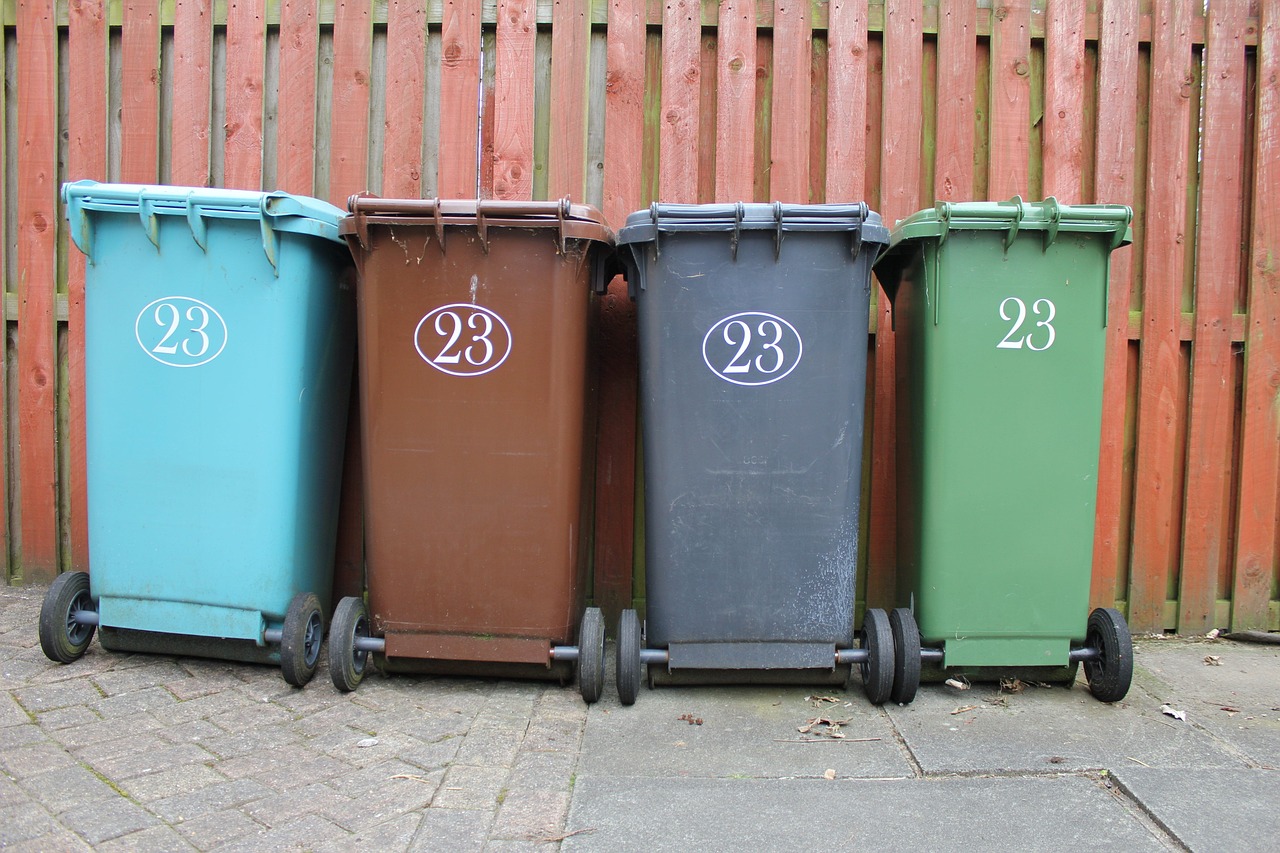Finally, after years of anticipation, in October of 2023, central government has unveiled its response to the Consistency in Household and Business Recycling in England consultation, dubbed ‘Simpler Recycling.’ This is a watershed moment, ending an era of uncertainty in the municipal waste sector. The delay and debates around these reforms have left local authority waste managers unable to chart a clear path forward or secure long-term treatment contracts offering better value for money than interim solutions.
This breath of fresh air grants local authorities the power to make decisions about recyclable materials at the local level and commits to comprehensive food waste collections throughout England. While we celebrate this step in the right direction, we can’t help but wonder if these reforms go far enough in achieving the ambitious target of 65% recycling by 2035, local and national net-zero goals, and the broader goal of a circular economy.
In the short to medium term, Simpler Recycling also leaves local authority waste managers with a series of questions:
- How can we incorporate additional materials into dry recycling streams in a practical and cost-effective manner? Some authorities face unique challenges, especially concerning soft plastics, plastic film, and glass waste in recycling collections.
- What’s the best approach to designing weekly food waste collections? A whopping 159 local authorities across England must introduce this service by March 2026. Deciding between source-segregated and co-mingled food and garden waste collections might require a thoughtful assessment to determine the most cost-effective solution.
- How should we handle the shift away from restricted residual collections? For those who’ve embraced this progressive policy, challenges emerge regarding collection resources and cost control.
- Is charging for garden waste the most viable solution? The conventional practice of levying charges to support this service now faces scrutiny, with the potential cost-effectiveness of merging food and garden waste.
- What contractual options are at our disposal? This question looms whether you’re in a long-term waste management contract or on the cusp of contract renewal.
WRM is specialist waste management consultancy led by a team of strategy and procurement experts with over two decades of experience supporting local authority waste management teams. We’re here to help you navigate the complex questions posed by Simpler Recycling through:
- Options assessments: We’ll explore the full spectrum of waste collection and treatment options available in different regions.
- Soft market testing: We’ll delve into local market capabilities and capacities for the options under consideration.
- New service design: We’ll work with you to craft cost-effective service specifications that deliver the best value in waste services.
- Business case development: We’ll leverage waste flow and financial modelling, affordability analysis, counterfactual gap analysis, and provide the evidence you need for governance and approval.
- Contract reviews: We’ll identify potential change options and develop a renegotiation strategy if you’re dealing with incumbent contractors.
- Crafting procurement strategies, contract structures, and documentation: We’ll take your options and service designs and turn them into high-performing operational services. We can even help you navigate Public Contracts Regulations compliant procurement processes.
Why not get in touch with our team of strategy and procurement experts for a free, no-obligation discussion about what Simpler Recycling means for your local authority? We’re here to make your journey into this new era of recycling as smooth and rewarding as possible.
Image by Davie Bicker from Pixabay
